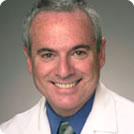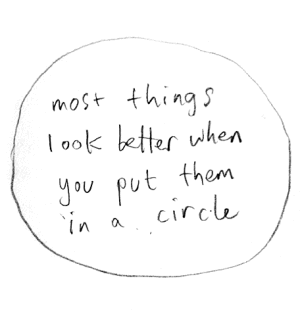 For physicians looking for non-clinical careers, it's a different world.
For physicians looking for non-clinical careers, it's a different world.
An increasing number of physicians are considering non-clinical careers. Some may have discovered they can no longer sustain their purpose and passion through a clinical practice. Others may feel trapped and simply want a change. Many would prefer to build on their background and experience—and continue to serve patients—but in a different way. For those up to the challenge, a career in either the medical device or pharmaceutical industries could be viable option.
A career in these industries could be every bit as rewarding and stimulating as the practice of medicine. In fact, it is possible to touch many more patients through the development and commercialization of medical devices or drug products. The challenge is in managing the transition.
Physicians who are looking to jump the clinical track will need to fine tune a number of important life skills. Managing the doldrums while still in practice, keeping the dream alive, and sorting things out are all part of the process—as is dealing with set backs. And there will be set backs. But these can be balanced by efforts aimed at experimenting and exploring as well as networking and learning.
First, consider the need—and what you have to offer. How could you help a company bridge the gap between a clinical problem and its solution? This will help you know where to focus your efforts and how to allocate your limited time and resources.
Be aware of some common mistakes companies make. In general, device companies think all the engineering is in the device—and drugs are just something you take off the shelf and put in the reservoir. Pharmaceutical companies think all the science is in the drug product—and devices are so simple, anybody could do it. Unfortunately, both are wrong. With the right background (and change in mind set), physicians could help companies overcome these mistakes. It’s a matter of truly understanding the clinical need and working as part of a team to commercialize the best product to address the problem.
Clearly, some physicians may be better suited for certain jobs. For instance, an orthopaedic surgeon with a mechanical engineering background could be a good fit for a role in designing and testing a new implant for total joint replacement. An internist who has been involved in human clinical trials could be a good fit for a position aimed at developing and implementing clinical protocols to meet regulatory expectations.
Second, do your homework. Learn as much as you can about the target companies for your job search—and develop a plan to explore the opportunities that would be the best fit for you. Do you know where these companies stand in your chosen industry. Revenue and earnings growth is important—but you should know a lot more about these companies.
What about the company’s social architecture? What do they value? What is their mission or reason for being? What is their vision of the future? How well does the company’s core values fit with yours? If you and the company are not aligned on this, chances are you will be unhappy in the long run—no matter what you are offered in terms of compensation and benefits.
What about leadership attributes? How does the company define leadership—and what are they looking for in candidates for employment? Do you have what it takes to meet the company’s expectations in terms of leadership? Have you demonstrated the ability to set the direction and plan for others, build the best team, be a role model, and deliver results? If not, what can you do to develop the skills necessary for the position you seek?
And finally, execute your job search. To ensure success, you will need to do three things really well: network, network, and network some more. Tap into your clinical network to understand the commercial needs and the healthcare provider assessment of the leading companies in your chosen industry.
Expand your network to include executives and hiring managers in your target companies. Find out who you should be talking to learn more about who is hiring or willing to create a position for the right person.
And reach out to a few, well-known and respected executive recruiters in your field. It’s important to plug into people who understand your target companies in your chosen industry. But don’t be fooled by those who claim to know a lot about clinical practice and how physicians can contribute in industry. The fact is, few have placed physicians in these roles—and even fewer truly understand medical devices or the roles physicians can play in areas outside of R&D. There are a few solid performers, such as Korn Ferry, Spencer Stuart, and Heidrick & Struggles. These would be good firms to include in your network.
 Here's an interview with Arlen D Meyers MD from Kings College London.
Here's an interview with Arlen D Meyers MD from Kings College London. Email This Article tagged:
Email This Article tagged:  Dr. Arlen D Meyers,
Dr. Arlen D Meyers,  Kings College London,
Kings College London,  Physician Interviews |
Physician Interviews |  Dec 2, 6:07 PM
Dec 2, 6:07 PM 








